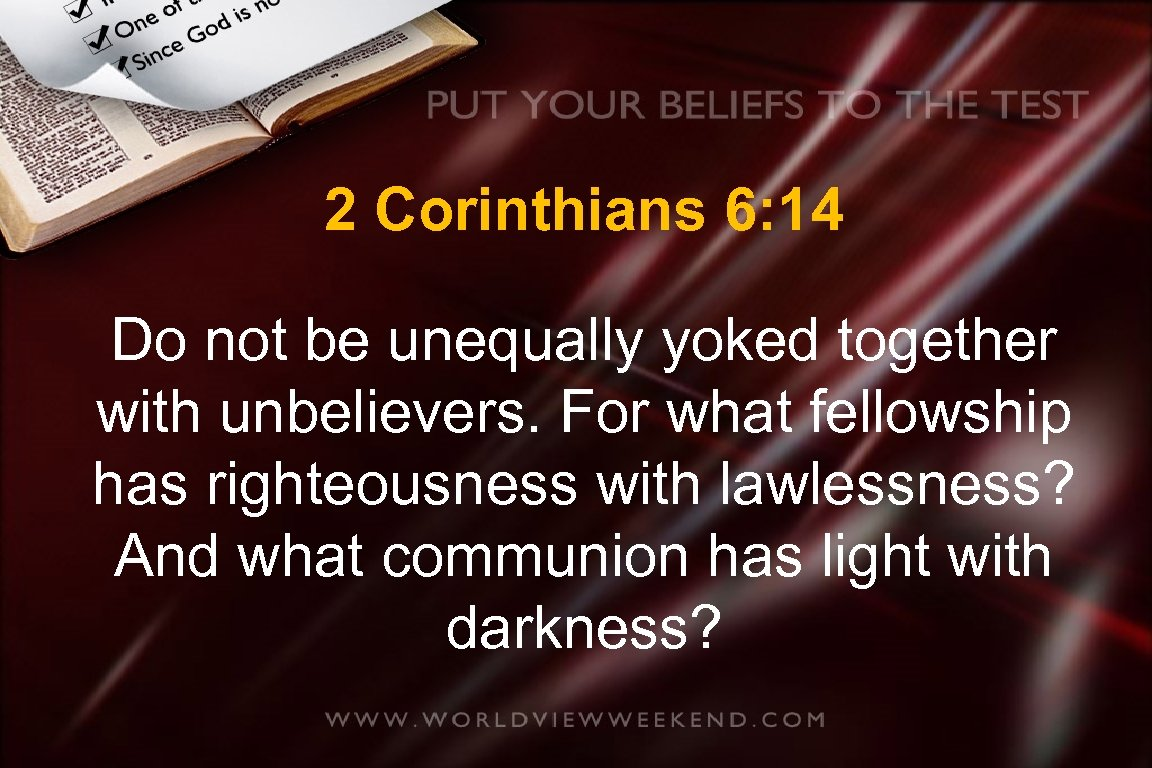APOSTATE COMMUNIST Pope Francis Calls on Christians to Surrender Before Violence, AN UNBIBLICAL TEACHING
POPE FRANCIS DEFIES SCRIPTURE: “There is no such thing as a Just War.”

BY RAYMOND IBRAHIM
republished below in full unedited for informational, educational & research purposes:
Raymond Ibrahim is a Shillman Fellow at the David Horowitz Freedom Center.
Pope Francis, a leading advocate of Doormat Christianity, is at it again, trying to reverse nearly two millennia of Christian doctrine, by preaching total passivity—even against violent aggression.
On March 18, 2022, Francis declared before an audience that “A war is always—always!—the defeat of humanity, always. We, the educated, who work in education, are defeated by this war because on another side we are responsible.”
So far, all well and good, if only because such lofty but impotent words are expected.
But then Francis went so far as to say, “There is no such thing as a just war: they do not exist!”
That is a remarkably dangerous claim, one that, if embraced—as no doubt it is by millions of similar naïve thinkers—can easily lead to their annihilation.
There is, indeed, such a thing as a just war—the only rational way of responding to unjust wars—and it is firmly grounded in Christian, especially Catholic, teaching, even if the head of the Catholic world argues otherwise.
In fact, from the very start, Christian theologians had concluded that “the so-called charity texts of the New Testament that preached passivism and forgiveness, not retaliation, were firmly defined as applying to the beliefs and behavior of the private person [and not the state],” to quote historian Christopher Tyerman.
Christ himself—who called on his followers to render unto Caesar what is Caesar’s and unto God what is God’s (Matt. 22:21)—differentiated between the social and spiritual realms. In the only recorded instance of Jesus being slapped, he did not “turn the other cheek,” but rather challenged his slapper to explain himself (John 18:22–23). The Nazarene further praised a Roman centurion without calling on him to “repent” by resigning from one of the most brutal militaries in world history (Matt. 8: 5–13). Similarly, when a group of soldiers asked John the Baptist how they should repent, he advised them always to be content with their army wages (Luke 3:14)—and said nothing about their quitting the Roman army.
This is because there is “no intrinsic contradiction,” continues Tyerman, “in a doctrine of personal, individual forgiveness condoning certain forms of necessary public violence to ensure the security in which, in St. Paul’s phrase, Christians ‘may lead a quiet and peaceable life in all godliness and honesty’ (1 Tim. 2:2).”
Or in the words of that chief articulator of Just War theory, Saint Augustine (354–430), “It is the injustice of the opposing side that lays on the wise man the duty to wage war.” Crusades historian Jonathan Riley-Smith elaborates:
What was evil in war itself? Augustine had asked. The real evils were not the deaths of those who would have died anyway, but the love of violence, cruelty, and enmity; it was generally to punish such that good men undertook wars in obedience to God or some lawful authority…. Expeditions to the Levant, North Africa, or the Iberian Peninsula could be justified as responses to present Muslim aggression or as rightful attempts to recover Christian territory which had been injuriously seized in the past. [For more on the intricacies of just war theory, especially as compared and contrasted with unjust wars, which do merit condemnation, read “Just War vs. Just Plain Old Jihad.”]
Make no mistake: without just wars and the brave men who undertook them, the world today would be a very different place. Europe, for instance, would have been Islamic—and not by willingly capitulating, as it is now, but by force: countless jihads were waged against it and other Christian nations, and they were repulsed only by the force of arms—by war, just war.
Indeed, even the Vatican itself, whence Pope Francis issues his lofty words of peace and love, has long been targeted and even attacked (for example in 846) by Muslims, and was saved only thanks to men acting in accordance with just war theory.
There is nothing wrong with Pope Francis’s generic condemnation of war and its horrors. It is his usual lack of distinction—in this case, conflating just with unjust wars—that is problematic, if not suicidal.
See Ibrahim’s new book, Defenders of the West: The Christian Heroes Who Stood Against Islam, for more on just war theory in action.
